AI Answer Evaluation Platform Live Now. Try Free Answer Evaluation Now

Universal Donor Blood Group
Among the various blood types, one holds a unique and vital role: O negative, the universal donor blood group. Every minute, people across the globe
+91-7303290503, +91-9557169661 | MON to SUN 10:00 AM - 6:00 PM

Among the various blood types, one holds a unique and vital role: O negative, the universal donor blood group. Every minute, people across the globe

Rare blood groups, also known as 'rare blood phenotypes', refer to those blood groups that are not part of the ABO and Rh system, the two most commonly known systems.

Blood groups are classifications of blood based on the presence or absence of inherited antigenic substances on the surface of red blood cells (RBCs)
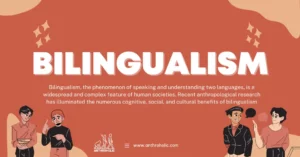
Bilingualism, the phenomenon of speaking and understanding two languages, is a widespread and complex feature of human societies. Recent anthropological research has illuminated the numerous cognitive, social, and cultural benefits of bilingualism.

ABO incompatibility is a common form of blood type mismatch that occurs when a person with one type of blood receives a blood product that contains another type of blood.

The discovery of the Bombay Blood Group has provided fascinating insights into the complexity of human genetics and blood types. While this blood group is extremely rare, those who have it can lead healthy lives by

Pseudohermaphroditism is a medical term for a complex group of conditions wherein an individual's reproductive organs and external genitals do not align with the typical definitions of male or female.

Hermaphroditism is a biological phenomenon where an organism possesses both male and female reproductive organs. In many cases, hermaphrodites organisms are capable of
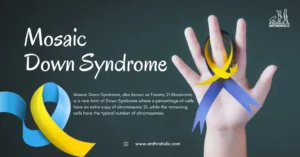
Mosaic Down Syndrome, also known as Trisomy 21 Mosaicism, is a rare form of Down Syndrome where a percentage of cells have an extra copy of chromosome 21, while the remaining cells have the typical number of chromosomes.
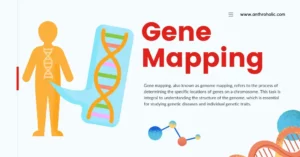
Gene mapping, also known as genome mapping, refers to the process of determining the specific locations of genes on a chromosome. This task is integral to understanding the structure
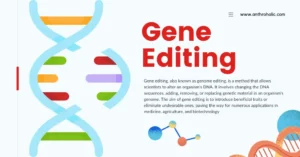
Gene editing, also known as genome editing, is a method that allows scientists to alter an organism's DNA. It involves changing the DNA sequences, adding, removing, or replacing genetic material in an organism's genome.
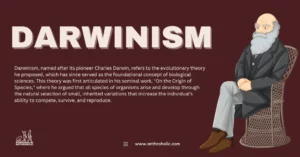
Darwinism, named after its pioneer Charles Darwin, refers to the evolutionary theory he proposed, which has since served as the foundational concept of biological sciences.